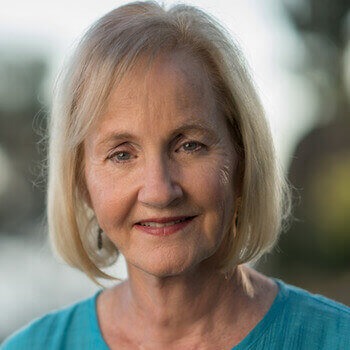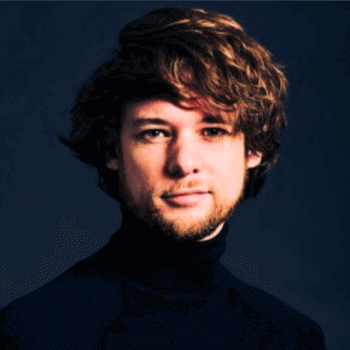Rounding off Bitcoin Wednesday #21‘s conference with its theme of banned marketplaces, is a look at prediction markets given by Joey Krug, lead developer for the California-based Augur prediction market solution. Augur is built with Ethereum’s Serpent contracts and is fueled by the Bitcoin blockchain. It was featured on 1 March 2015 in an article by Coindesk.
Prediction markets are one of the most often-cited alternative uses for blockchain technology. These marketplaces allow people to buy and sell event contracts, which generate rewards, which can be non-financial rewards, for accurate predictions. They are considered one of the most accurate ways known of making forecasts on future events, and their goal is the generation of valuable collective wisdom, not money.
Such systems were predicted by the economic theories of Friederich Hayek and Ludvig van Mises, two Austrian school economists, who are favorites of many cryptocurrency users. Wikipedia’s strategy — information from decentralized contributors is combined to provide valuable knowledge — was inspired by the prediction market concept. Large corporations like Google, General Electric, Intel, Microsoft and Pfizer now use prediction market technology for valuable business forecasts, while other organizations like the U.S. -based Commodity Futures Trading Commission seem to blur the lines between what is considered information and what should be regulated as money.
In some cases certain types of event contracts have come under heavy criticism due to alleged similarity to gambling and financial derivatives trading. That unfortunate trend seems to be accelerated by the “Fintech” meme, representing a rapid convergence between the world’s of finance and information technology. In that respect, decentralized prediction markets may be at the leading edge of a controversial debate.
In 2012 the U.S. government filed civil suit against Irish prediction market site Intrade for allowing U.S. citizens to participate in what it considered unregulated trading of traditional commodities like gold. Still further criticism from regulators was given for event contracts used to predict the likelihood of tragic events like terrorist attacks or the death of notable public figures. Such contracts, some detractors say, introduce the possibility of “terrorist markets” and “assassination markets”, criticisms also levelled at Silk Road.
A March 2014 study by U.S.-based economist Adam Ozimek looked into the regulation and value of prediction markets. With a new generation of blockchain-inspired prediction services under development, some prediction contracts will be considered valuable or benign like Wikipedia and others undoubtedly highly controversial.
Click here to find out more and register for Bitcoin Wednesday #21 on “Banned Marketplaces”.







